Which of the following alkenes will give same product by any method out of hydration, hydroboration-oxidation and oxymercuration-demercuration?
CH3CH=CH2
CH3CH=CHCH3
CH3CHCH∣CH3=CH2
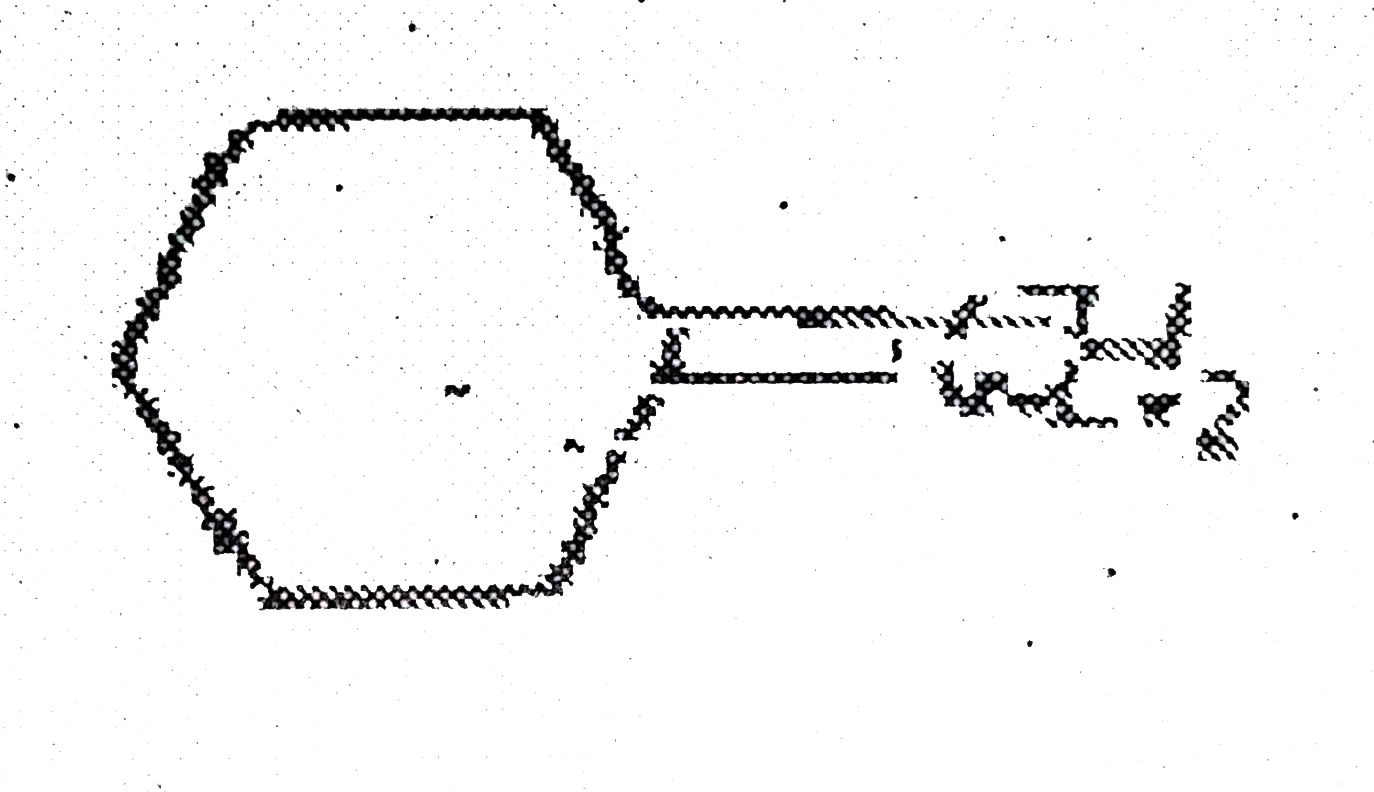
The correct Answer is:B
To determine which alkene will yield the same product through hydration, hydroboration-oxidation, and oxymercuration-demercuration, we need to analyze the reactions and the nature of the alkenes provided in the options.
1. Understanding the Reactions:
- Hydration: This reaction typically follows Markovnikov's rule, where the more substituted carbon gets the hydroxyl group.
- Hydroboration-Oxidation: This reaction gives the less substituted alcohol (anti-Markovnikov addition).
- Oxymercuration-Demercuration: This reaction also follows Markovnikov's rule, yielding a more substituted alcohol.
2. Identifying Symmetrical vs. Unsymmetrical Alkenes:
- For the products from these reactions to be the same, the alkene must be symmetrical. This is because symmetrical alkenes do not have distinct positions for the addition of groups, thus the products will be identical regardless of the method used.
3. Analyzing the Options:
- Let's denote the alkenes in the options as A, B, C, and D. We need to check which of these alkenes is symmetrical.
4. Evaluating Each Alkene:
- Option A: If this alkene is symmetrical, then all reactions will yield the same product.
- Option B: If this alkene is unsymmetrical, the products from hydroboration-oxidation and oxymercuration-demercuration will differ.
- Option C: Similar to B, if this is unsymmetrical, the products will differ.
- Option D: If this alkene is symmetrical, then all reactions will yield the same product.
5. Conclusion:
- After evaluating the options, the alkene that is symmetrical will yield the same product through all three methods.
6. Final Answer:
- The correct option is B, as it represents a symmetrical alkene that will give the same product regardless of the method used.
- Hydration: This reaction typically follows Markovnikov's rule, where the more substituted carbon gets the hydroxyl group.
- Hydroboration-Oxidation: This reaction gives the less substituted alcohol (anti-Markovnikov addition).
- Oxymercuration-Demercuration: This reaction also follows Markovnikov's rule, yielding a more substituted alcohol.
- For the products from these reactions to be the same, the alkene must be symmetrical. This is because symmetrical alkenes do not have distinct positions for the addition of groups, thus the products will be identical regardless of the method used.
- Let's denote the alkenes in the options as A, B, C, and D. We need to check which of these alkenes is symmetrical.
- Option A: If this alkene is symmetrical, then all reactions will yield the same product.
- Option B: If this alkene is unsymmetrical, the products from hydroboration-oxidation and oxymercuration-demercuration will differ.
- Option C: Similar to B, if this is unsymmetrical, the products will differ.
- Option D: If this alkene is symmetrical, then all reactions will yield the same product.
- After evaluating the options, the alkene that is symmetrical will yield the same product through all three methods.
- The correct option is B, as it represents a symmetrical alkene that will give the same product regardless of the method used.
Similar Questions
Knowledge Check
Which of the following alkene will give enantiomeric product on reaction with HBr?
A B
B C
C D
D
Which of the following reactions would produce same product?
A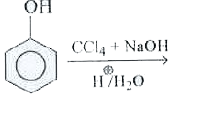 B
B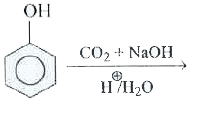 C
C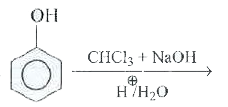 D
D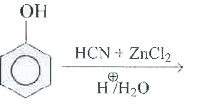
Which of the following reactions produce the same product?
A B
B C
C D
D
Which of the following give ether as a major product -
View SolutionWhich of the following will give Hofamann alkene?
View SolutionWhich of the following hydrocarbons give same product on hydrogenation :
View SolutionWhich of the following reactions gives copper as a product
View SolutionWhich of the following reactions produce the same product?
View Solution

